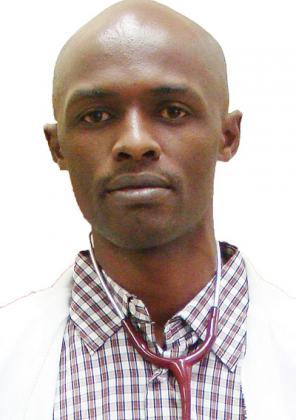How to manage patients with end stage illness
Patients with end stage illnesses are those whose ailments cannot be controlled by medications or any other medical approach.

Dr. Joseph Kamugisha
